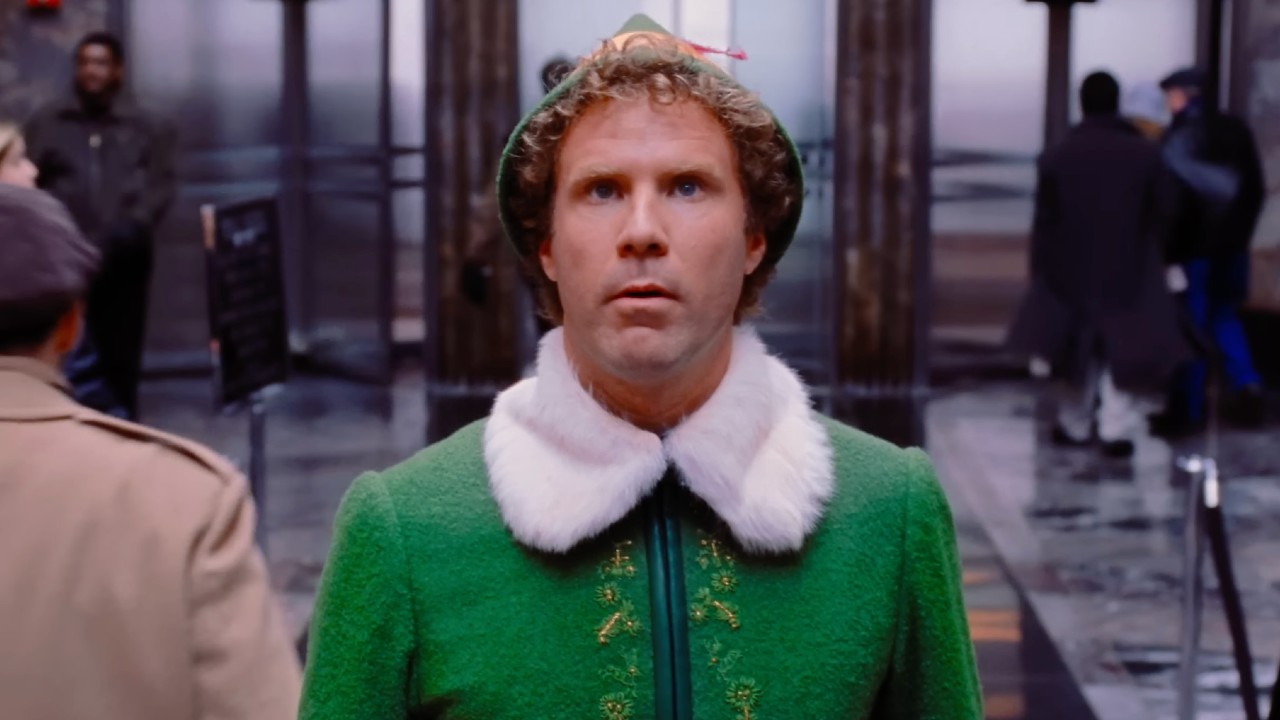A Final Plea For 50/50: See It Because It'll Make You Stronger

Don’t worry. This isn’t going to be another one of those struggling with cancer stories.
50/50 has only been in theaters a week and by this weekend, it will likely be out of a lot of them. It’s already been pulled from most screens in many areas, and when tomorrow’s new releases open it’ll be playing on even fewer of them. Theaters can’t run it because no one’s showing up to see it. Despite a solid marketing campaign and the star power of Seth Rogen and Joseph Gordon-Levitt, the truth is that almost no one is buying tickets. 50/50’s box office numbers have been a disaster.
Critics have lavished the film with acclaim and rated it one of the best movies of the year. Audiences seem similarly enamored. The few smart enough to buy a ticket invariably come back praising it. But mostly, no one seems to want to see it. You can’t blame them really. This is a cancer movie, and nobody wants to see another movie about cancer.
But this isn’t that movie.
In 2003, after I showed up in her waiting room complaining of pain, my doctor found a lump in my right testicle. I’d never seen her move so fast. She told me to pull up my pants, and as I was still zipping, she grabbed me by the hand and dragged me down the hall. We started running, and because that was the most terrifying moment of my life up till then, I’ll never forget her lab coat flapping behind her as she ran in front of me, my palm held in an unrelenting death grip. It was as though she believed that if she let me go, she might never get me back again. We crashed through the door of her office and she said there was a urologist named Stroud down the hall, only since it was late on a Friday, he’d be gone any second. It was important that we hurry. She wanted him to look at me, right away. So we ran together through the building, hand in hand, past a blur of faces and break rooms and pale blue carpet to a door on the other end.
Because we hurried, maybe even because we ran, I would be fine. I was diagnosed with a rare and malignant form of testicular cancer but since it hadn’t spread very far yet, Dr. Stroud believed that if they rushed me into an operating room before it did, they might be able to get it all out of me with one simple surgery. When I woke up after the procedure, well-rested from anesthesia, they couldn’t be certain they got it. So I spent the next few months making weekly visits to my oncologist, where I’d undergo regular CT scans and blood tests, watching and waiting for any sign that my cancer had returned. It never did, but I spent day after day sitting in a doctor’s office with other people who hadn’t been as lucky, and wondering.
I’d sit there in my chair while the nurse pulled vial after vial of blood out of my arm, watching chemo patients lined up against the wall, evil and yet lifesaving chemicals streaming down IVs and into their arms. They looked like hell and I wondered, if it all went wrong, if my cancer came back and I had to sit in one of those chairs next to them, could I take it? Could I deal with it? Could I be one of them? I wasn’t sure. Until today that is. My cancer never did come back, but today I saw 50/50 and now I think that maybe, just maybe, if it had I could have.
Your Daily Blend of Entertainment News
Audiences are staying away from 50/50 because they don’t want to put up with another depressing tale about a guy getting sick and suffering. It’s been done and it’s never any fun. Except, 50/50 isn’t that movie. You walk away from a cancer movie angry at the disease, maybe motivated to donate to charity or participate in a walk-a-thon. You go home and hug your loved ones, thank god that they haven’t been struck down by it, and fear the day when the things you saw on screen might happen to you. That won’t happen with 50/50. Instead you’ll walk out of 50/50 feeling stronger.
50/50 is absolutely accurate in its depiction of a young man dealing with a devastating illness. It nails every detail, but it’s not about the details. It’s not about the suffering. It’s about someone dealing with that suffering, about someone living with it, taking it on, but dealing with it in a way that lets him continue to lead a life. Whether or not he’s supported by everyone around him, whether or not he’s getting any better, somehow Joseph Gordon-Levitt’s character keeps getting stronger. And if you go on this journey, you’ll get stronger with him.
Unlike any other kind of cancer movie you’ve ever sat through, you’ll walk out of 50/50 less afraid of the disease than you were when you came in. Not because the film makes it seem any less horrible than it is, in fact I’d say it’s better at dealing with the realities of cancer than almost any other movie in recent memory, but because 50/50 makes it clear that no matter how bad the cancer is, you can be stronger. You can deal. It doesn’t matter if it wins, you’ll always be the victor. And if you see 50/50, after one-hundred minutes of humor and emotion and maybe even a few tears, you’ll walk out a stronger person than you were when you went in.
50/50’s chances of survival past this weekend are less than 50%. Don’t miss it. This is the best movie of the year. See it before it’s gone.

